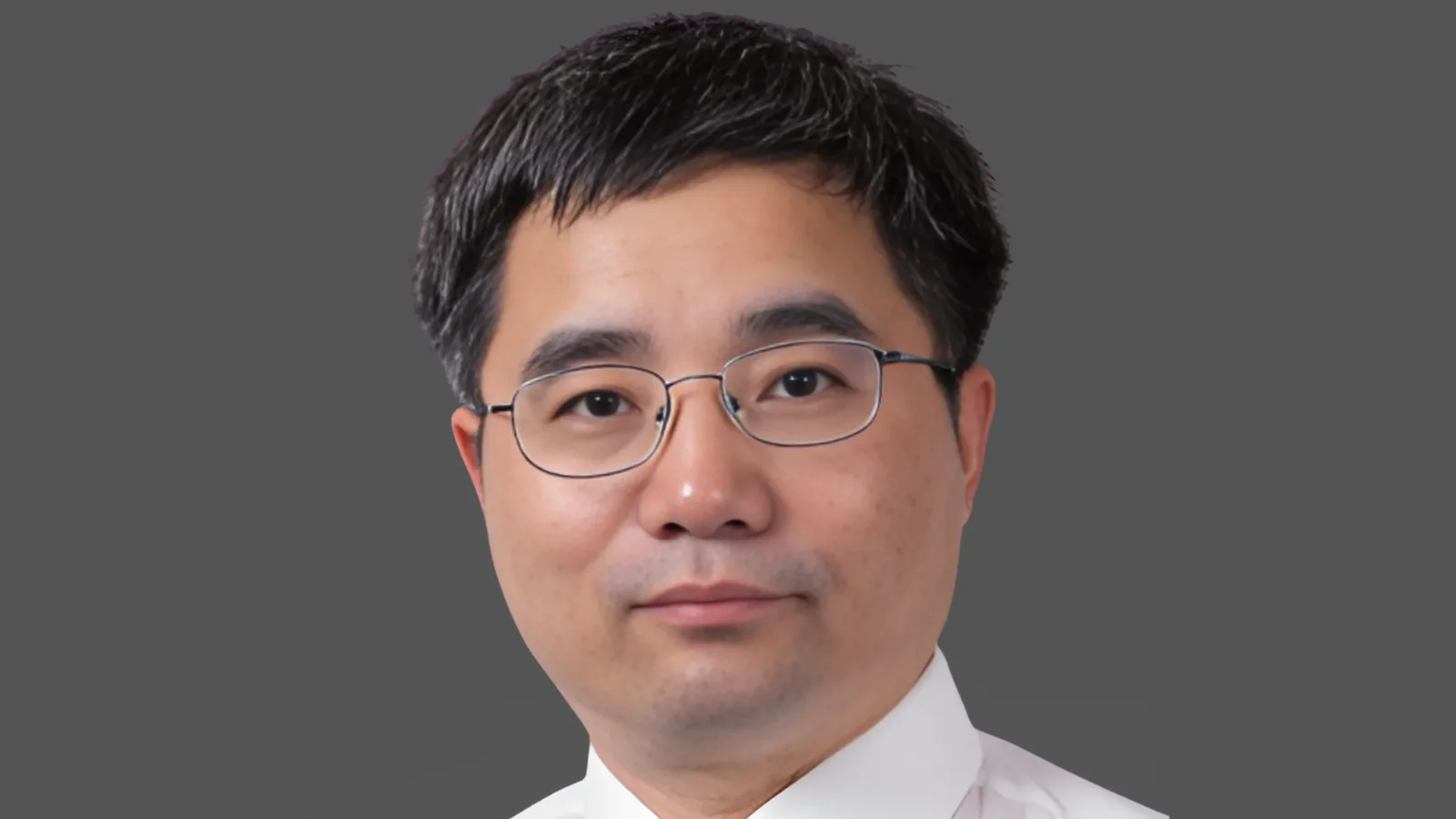With a $1.2 million grant from the Department of Defense, Tianfu Wu, an associate professor of biomedical engineering at the University of Houston, is leading a research team to advance early detection methods for ovarian cancer. The team collaborates with researchers from MD Anderson Cancer Center.
Ovarian cancer poses a significant threat due to its difficulty in early detection. Most women are diagnosed after the cancer has spread, with survival rates below 32%. Computational models suggest that earlier detection could reduce mortality by 10-30%.
Currently, doctors screen for ovarian cancer using the protein Cancer Antigen 125 (CA125), which detects 70% of early-stage cases. However, additional biomarkers are needed to improve sensitivity and detect cases missed by CA125.
"Advancing early detection methodologies is essential to improving patient prognosis and survival outcomes," said Wu. "The technological challenges in the early detection of ovarian cancer are multifaceted, primarily due to limited sensitivity of currently available biomarkers and the absence of highly accurate biomarkers that can detect the disease well before clinical diagnosis."
Wu's team is focused on identifying better biomarkers, starting with autoantibodies targeting tumor suppressor genes often mutated in cancers as potential early indicators of ovarian cancer development.
Robert C. Bast, MD, at MD Anderson Cancer Center, who has pioneered early detection practices for ovarian cancer, partners with Wu in this research.
"Given the fact that we have shown autoantibodies and antibody-antigen immune complex could improve the sensitivity and detect ovarian cancer earlier, we hypothesize that additional high-performance biomarkers, particularly novel immune complexes, could improve the sensitivity to detect early-stage ovarian cancer when combined with CA125," said Wu.
To discover new autoantibodies, Wu’s team developed a test detecting thousands of immune reactions simultaneously. They identified over 100 significantly upregulated immune complexes in ovarian cancer patients compared to healthy individuals. The team will test approximately 10 to 20 biomarker candidates for their effectiveness in early detection.
Additionally, machine learning modeling will be used to develop computer algorithms for data analysis and disease predictions in collaboration with Ying Lin from UH. Zhen Lu from UT MD Anderson Cancer Center completes the team.

